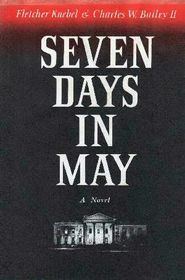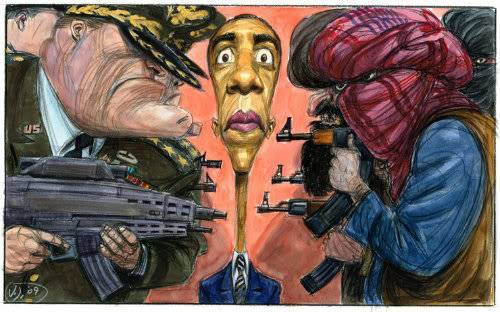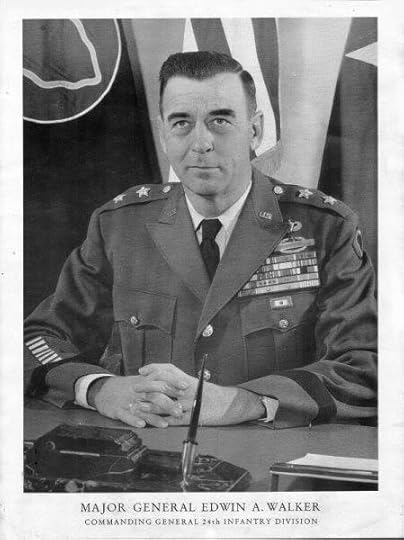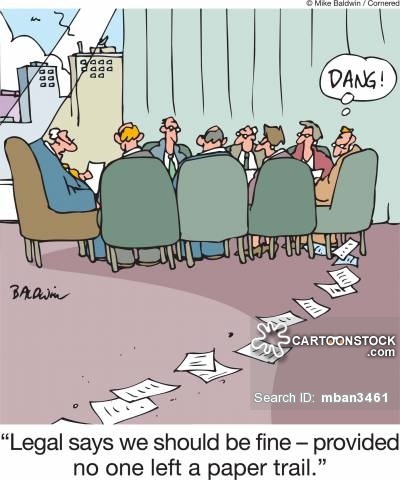What do you think?
Rate this book


341 pages, Hardcover
First published January 1, 1962







Do not weep for your country. Do not listen to the whispers, for they are wrong. We remain strong and proud, peaceful and patient, ready to sacrifice, always willing to help others who seek their way out of the long tunnels of tyranny. God bless you all!